In Kyrgyzstan's Only Female Prison, Nowruz Brings A Moment Of Respite
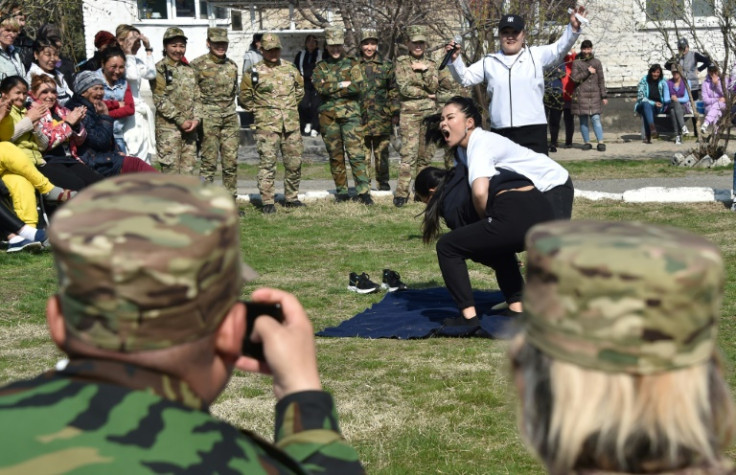
Alyona and a dozen women are dancing in a small sunny garden, to applause from their fellow inmates in Kyrgyzstan's only female penal colony.
In prison for homicide, drug trafficking or theft, the women celebrate the Nowruz festival marking the arrival of spring.
Alyona, one of the best dancers, then swaps her red high heels for sneakers and starts feeding her 18-month-old baby who was born in jail.
"Of course it's a holiday, but for me it's still a day like any other: I can't be with the people I love," she tells AFP.
A Russian citizen, she is one of around 200 women aged 17 to 70 in the prison in the village of Stepnoe, not far from the capital Bishkek.
For Nowruz, an ancient Persian holiday celebrated in Muslim countries from Asia to the Balkans, the prisoners are allowed to put on a day of performances.
"We try to cheer people up, for them to feel like free women and not like inmates," says Zamira Bekmurzaeva, one of the prison officials.
Under the wardens' careful watch, bemused inmates look on as the dance shows are followed by wrestling competitions, a popular sport in Kyrgyzstan.
Shouts and cheers drown out the loudspeakers blasting pop music as prisoners go up against each other, rolling around on a blanket serving as an impromptu tatami mat.
"We organise events for every holiday, we try to help detainees forget, at least for one day, that they're in prison," says Bekmurzaeva.
The penal colony was built more than sixty years ago, at a time when the Central Asian country was still part of the Soviet Union.
There is no running water or television in the cells, and toilets and showers are located outside.
Natalya, 65, who has spent a decade behind bars for heroin possession, still has one year and seven months to go.
"When I was dancing, I was happy," she says.
"I try not to get discouraged, I think about my children and grandchildren who are waiting for me at home, where we also celebrated Nowruz."
Alyona is happy that she is allowed to keep her prison-born child with her.
The young mother praises the help she has received from the prison administration.
"We get favourable conditions, and everything we need for my child," she says.
She initially considered giving up her baby.
"I was afraid of bringing him into this prison, of how he was going to live, of what he was going to eat, of what clothes he was going to wear, of other inmates", she explains.
A single mom with no relatives who could take care of her child, she advocates for deferred sentences for young mothers.
"I've seen mothers in tears, forced to give their children up, sometimes to orphanages," she says.
If all goes well, she will be freed before the next Nowruz celebrations.
But Alyona is anxious about her son's adaptation to the outside world.
"My son is afraid of people, he doesn't see anyone, he's only lived between these walls," she says.
"He has never seen a car in his life," she adds with tears in her eyes.
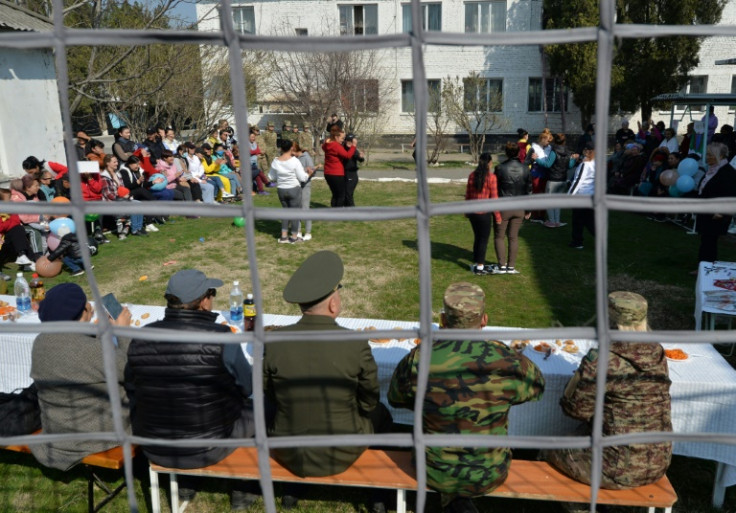
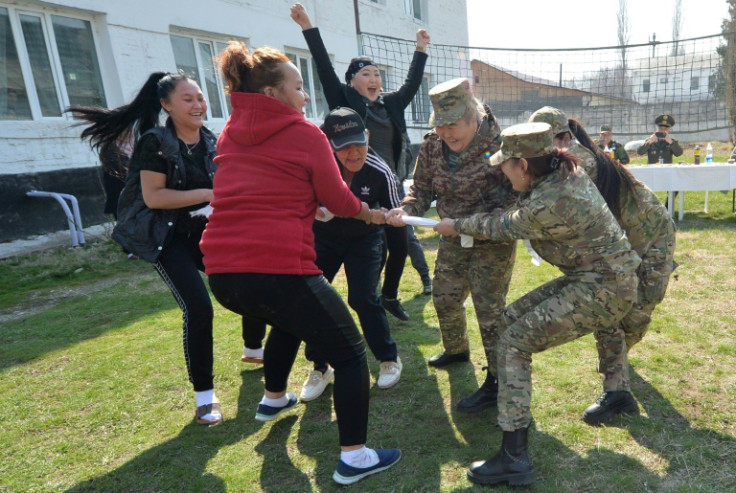
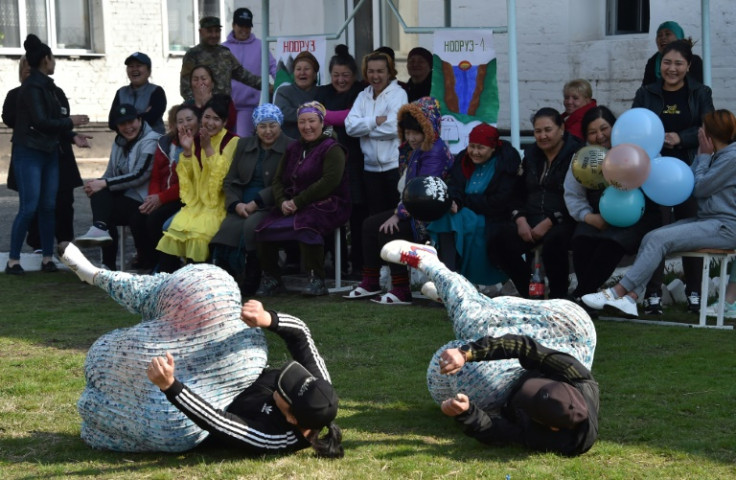
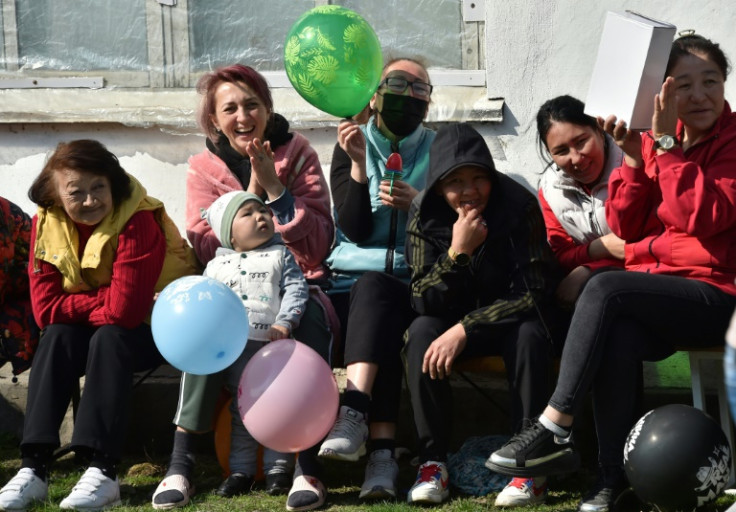
© Copyright AFP 2024. All rights reserved.





















